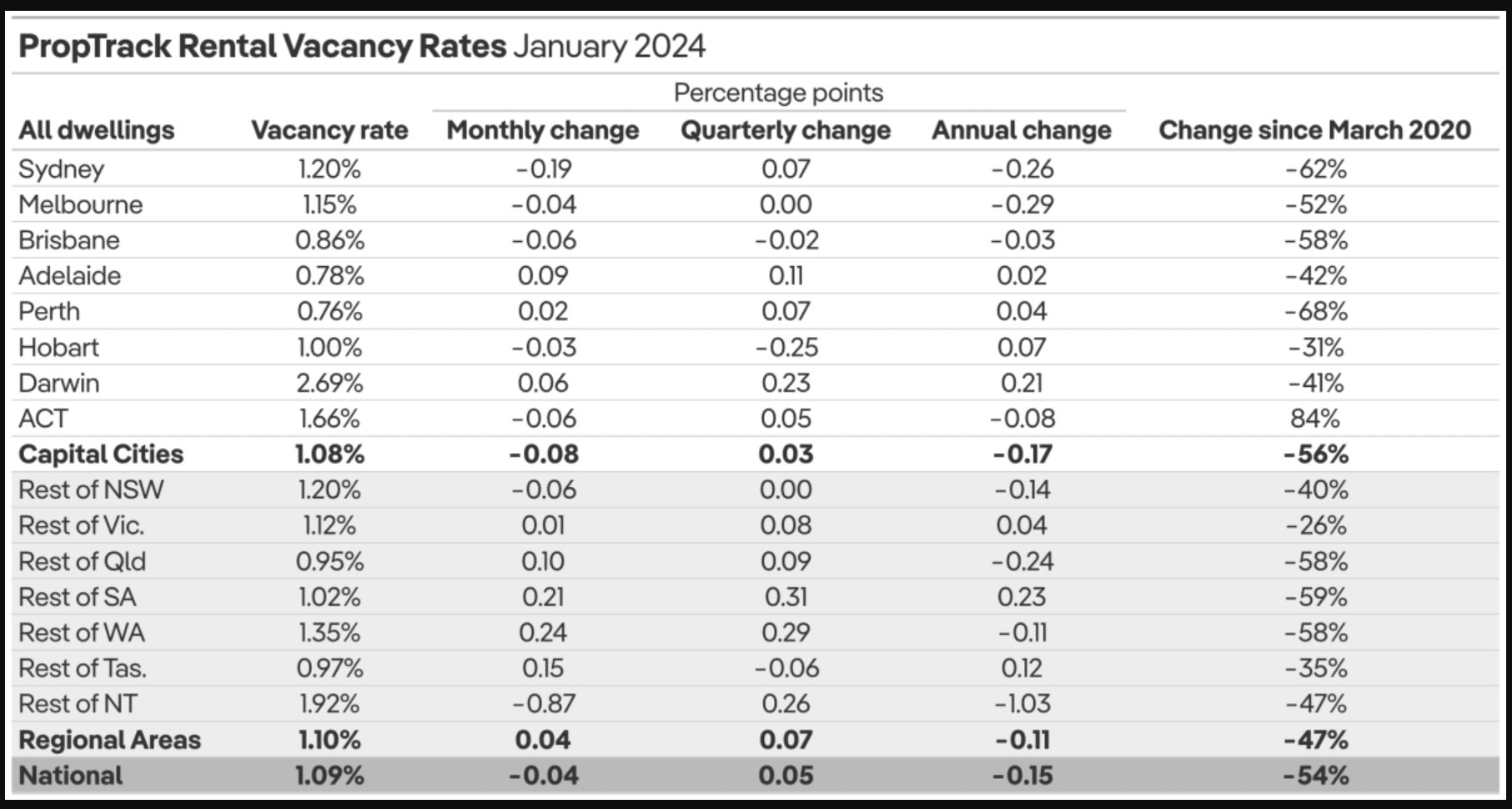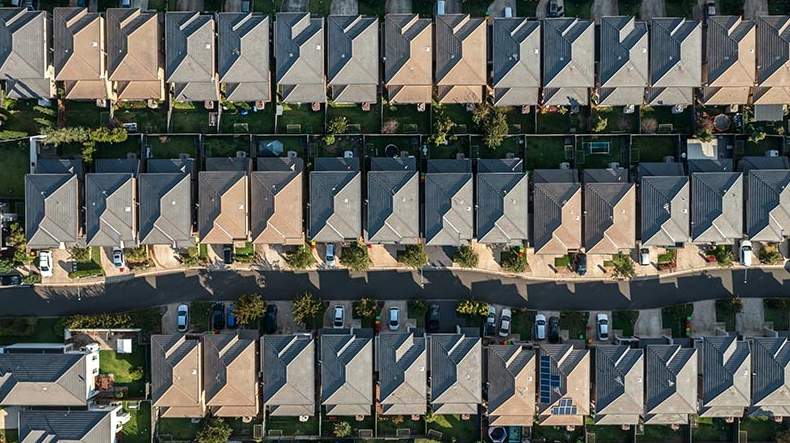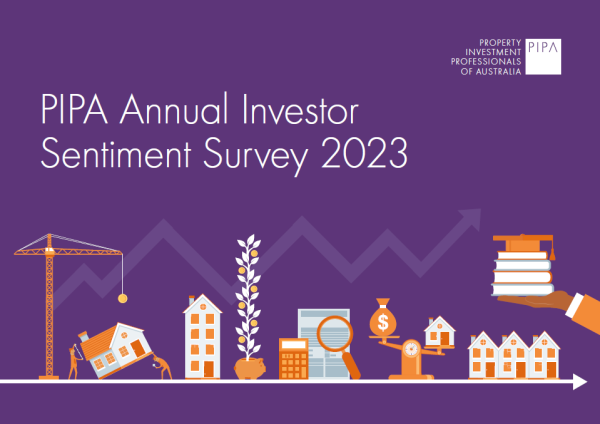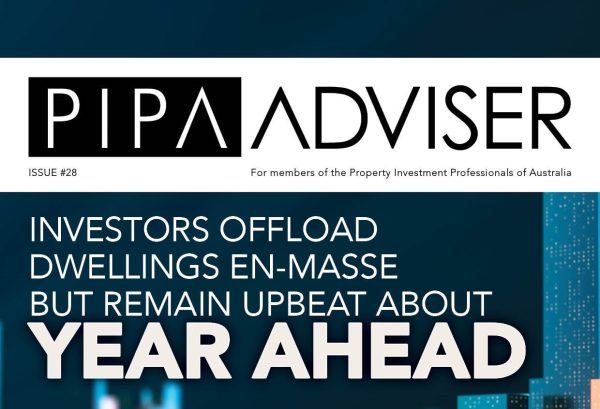‘Another broken promise’: Concerns Anthony Albanese is planning to go after negative gearing
Feb 2024Karen Millers
Categories
Location ReportsMedia releasesNational market updatesPersonal advisersPIPA AdviserPIPA Annual Investor Sentiment SurveysPIPA Member ProfilesPIPA video updatesPIPA webinarsPodcastsProperty advisersProperty newsLatest Articles
Which property cycle are we in?
Rent rises ease but crisis’ link to population density found to be tenuous
Jordan van den Berg: The ‘Robin Hood’ TikToker taking on Australian landlords
Victorian property investors face yet another new property tax as council tests levy
There are growing concerns Anthony Albanese is preparing to break another promise which the property industry says will only hurt renters.
In the wake of the prime minister’s backtracking on support for the stage three tax cuts, which he pledged to keep during the last election but last month overhauled, attention has now turned to a multibillion-dollar elephant in the room.
Negative gearing, which allows property investors to offset their tax by claiming losses incurred by owning and maintaining rental dwellings, isn’t cheap.
Analysis produced by the Parliamentary Budget Office in late 2022 estimated negative gearing drains about $12.7 billion from budget revenue.
Late last month, a Treasury report on tax expenditure revealed deductions for “maintaining and financing property interests” in 2023-24 is expected to total $27.1 billion – up $10 billion on 2020-21.
Those opposed to negative gearing say it locks out first-home buyers by making it hard to compete with investors, while supporters say it encourages new landlords into the market and supports the supply of rental dwellings.
Private landlords provide the overwhelming lion’s share of homes that are leased by more than a third of Australians.
Mr Albanese has dodged several opportunities in the past week to staunchly rule out any changes to negative gearing. Instead, he has insisted he has “no plans” – something he also said about stage three until recently.
Some in real estate circles are concerned Mr Albanese could justify scaling back or scrapping negative gearing by using a similar argument.
“Given the prime minister already has one broken promise under his belt this year, it would appear to be politically unwise to the do the same with negative gearing,” Property Investment Professionals of Australia chair Nicola McDougall said.
The opposition’s treasury spokesman Angus Taylor said Mr Albanese’s “decision to lie” about stage three tax cuts means he can’t be trusted.
“The consequence of the broken promise means that Australians are left wondering what is next,” Mr Taylor told news.com.au.
“The Prime Minister and Treasurer have been given numerous opportunities in Question Time and interviews to rule out any changes to negative gearing. Instead, they’re using the same weasel words they used just before breaking their promise on stage three tax cuts.”
Huge harms or big benefits?
Last year, when the issue of negative gearing resurfaced after noise from some crossbench and backbench Labor MPs, the Property Council of Australia was quick to issue a dire warning.
The lobby group’s chief executive Mike Zorbas said modelling had indicated there would be a hefty price to pay for ending the generous concession.
Scaling back or scrapping negative gearing would “knock housing construction down another 4.1 per cent, reduce GDP by $1.5 billion, and end 7000 jobs”, Mr Zorbas said, quoting analysis by Deloitte in 2019.
“With rising capital costs and labour challenges, the impacts would be worse if modelled now,” he said.
“Imagine making that change while you’ve promised one million new homes by 2029 and successive state government decisions, including harmful foreign investor surcharges, will continue to diminish apartment supply.
“For the disruption it would cause you might change house prices by one to four per cent in a healthy market, one with high rental vacancy, buoyant new supply and modest immigration.
“That is not the market we are looking at and those price changes will be swept away in months.”

The latest rental vacancy rates across the country paint a bleak picture. Picture: PropTrack
Ms McDougall said research conducted by her group, which represents those working in the property investment industry, showed landlords are already fed up.
“According to [our] Annual Investor Sentiment Survey, the number one reason why nearly 13 per cent of investors sold at least one property over the previous year was governments increasing or threatening to increase taxes, duties, and levies that make property a less attractive asset to hold,” she said.
“At a time when tenants can least afford it, the people providing the vast majority of rental homes are selling up in droves, predominantly because of government intervention, such as this latest attack on negative gearing.”
An estimated 2.24 million Australians own an investment property, accounting for about 3.25 million dwellings.
The vast majority of landlords – that is, 71 per cent – own a single investment. Another 18 per cent own two properties while five per cent own three.
Of those who are investors, the latest available data shows a little more than half negatively gear their assets.
“Most only benefit from negative gearing for a relatively short period of time before their property becomes positively geared, which means they will pay tax on that income, as well as CGT when they sell at some point in the future,” Ms McDougall said.
When the Labor opposition under former leader Bill Shorten took major tax reform to the 2019 election, including changes to negative gearing and the capital gains discount, there was a swift backlash.
Property groups claimed the changes would gut the rental market of supply as landlords fled in droves, while prospective investors would lose incentives to enter the fray.
In analysis published at the time, Brendan Coates, economic policy program director at the Grattan Institute, said the impact on rental prices would likely be minimal.
“The negative gearing change could increase rents, but only if it reduced the supply of new housing,” Mr Coates wrote for The Conversation.
“With tight constraints on the supply of land suitable for urban housing, most of the impact would be felt via lower land prices.
“And any effects would be small: most investment lending is for existing housing, and Labor’s policy leaves in place negative gearing tax write-offs for new homes.”
On the flip side, the reforms would have seen federal budgetary revenue skyrocket, Mr Coates added.
“Winding back these tax concessions would enable the government to reduce other taxes, provide more services, improve the budget bottom line, or provide additional grants to the states, such as for hospitals.”
Growing calls for change
According to reports in Nine newspapers, some Labor backbenchers are again keen to see changes to negative gearing
So too are the Greens, which could hold the government’s next major housing support package hostage in the Senate, holding the balance of power, by bargaining.
The Greens want negative gearing limited to one investment property only.
And independent Seantor David Pocock said in an interview on ABC Radio that the concession needs to be altered once and for all.
“The gall of some of these politicians who have multiple investment properties to get up there and say, ‘We cannot touch negative gearing and capital gains tax discounts’,” Senator Pocock said.
“I think they have to be on the table if we want to turn this ship around and have housing as something that everyone in our community can afford and to not have housing where it’s arguably easier to buy your second house than it is your first house.”
Peter Martin, a visiting fellow at the Crawford School of Public Policy at Australian National University, said negative gearing is more effective at “ensuring Australians continue to rent, rather than buy” and not much else.
“Negative gearing encourages investment,” Mr Martin wrote for The Conversation.
“Most months, more than one in three new home loans is for an investment property.
“But most of those loans don’t increase supply. That’s because the overwhelming bulk of investor home loans go to ‘investors’ planning to buy existing homes – to bid against and likely beat would-be owner-occupiers.
“In December 2023, only 23 per cent of the loans to investors was used to build a home or buy a newly built home. In November only 19 per cent.”
The government should adopt a policy similar to the one it took to the 2019 election – limiting negative gearing to brand-new homes only.
“Every dollar of tax lost to a negative gearer would help build a home,” he said.
Had Labor won that election and implemented its reforms, modelling published in Australian Economic Papers predicts the share of households who own their home rather than renting would’ve increased by 4.7 per cent.
Government’s murky position
Mr Albanese has been pressed on the government’s plans for negative gearing during Question Time in parliament this week, but his responses were far from clear-cut.
“Will the Prime Minister rule out any changes to the current tax treatment of negative gearing?” Deputy Liberal Leader Sussan Ley asked.
Rather than offer a concrete guarantee, Mr Albanese instead quoted an Opposition Senator’s previous remarks about taxation reform.
“I tell you what we are doing about housing, we are focusing on supply,” the PM said.
Treasurer Jim Chalmers was also asked by the opposition if he would rule out any tweaks to negative gearing but offered only a vague response.
“The Prime Minister, myself, in press conferences, we have dealt with this question already,” Dr Chalmers said.
The exchange continued days of simmering concern in the property sector that negative gearing could be in the government’s sights.
Last week, Finance Minister Katy Gallaghar raised eyebrows with an appearance on the Today show, where she refused several times to promise there would be no changes.
“Would you mind repeating after me this morning? There will be no changes to negative gearing under our government,” host Karl Stefanovic asked.
Ms Gallaghar replied: “We have no plans to do that, Karl. We don’t.”
Stefanovic pressed again: “That’s not what I asked. Would you mind repeating it? There’ll be no changes to negative gearing under my government?”
She replied: “No plans for changes to negative gearing.”
In an interview on the ABC program Insiders on Sunday, Mr Albanese was again far from emphatic, saying “we have not considered changes”.
However, he repeatedly refused to say whether he thought the existing rules were fair.
During the election campaign and on occasions afterwards, Mr Albanese said “my word is my bond” when it came to the legislated stage three tax cuts.
On Sunday, he defended his broken promise, declaring: “I’ve listened to people who are all saying, ‘Well, what are you doing about cost of living? What are the measures that you can put in place?’”
Ms McDougall pointed out that Labor’s shock loss at the 2019 election was largely attributed to its ambitious taxation policies – namely negative gearing and CGT discounts.
“The prime minister appears to have a blind-spot when it comes to tinkering with negative gearing as a populist, supposedly, vote-winning policy.”
The opposition has seized on the lack of clarity, with leader Peter Dutton attacking the “plot” to hurt small-time landlords.
“If you don’t have investment properties, renters don’t have accommodation to rent – let’s be clear about it,” Mr Dutton told reporters last week.
“For mums and dads who save and, as part of their retirement income, put some money aside and buy a rental property, they rent it out and that’s supplementing their income.
“Particularly for people that don’t have a big superannuation balance, that is a perfectly legitimate investment for them to make.”
And speaking to news.com.au, Mr Taylor claimed the government is trying to tax its way out of a spending crisis.
“This is a government that loves to spend money. In fact, there’s been $209 billion of extra spending since they came to power. When they run out of money, they come after hardworking taxpayers’ money.
“In fact, Australians are paying 27 per cent more income tax than 18 months ago.”
Originally Published: Shannon Molloy | news.com.au | 10 February 2024
“Licensed by Copyright Agency. You must not copy this work without permission.”




